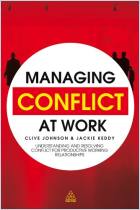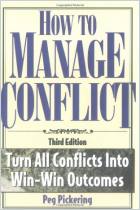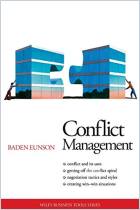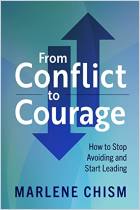
Book
Managing Conflict
A Practical Guide to Resolution in the Workplace
Recommendation
Mediation consultant David Liddle says conflict is inevitable and can affect your whole workforce, so leaders should prepare by instituting more effective resolution policies. Liddle offers a comprehensive overview for managing institutional conflict. Though he deals primarily with British firms, he’s added enough detail from other countries to serve a broader audience. He also provides a 25-page appendix of tools, charts, worksheets and exercises plus a link to online bonus materials.
Summary
About the Author
David Liddle heads The TCM Group, a UK mediation and conflict resolution consultancy. He founded the Professional Mediators’ Association and the Collaborative Justice Institute.
Learners who read this summary also read
Book
Book
















Comment on this summary or Démarrer une discussion